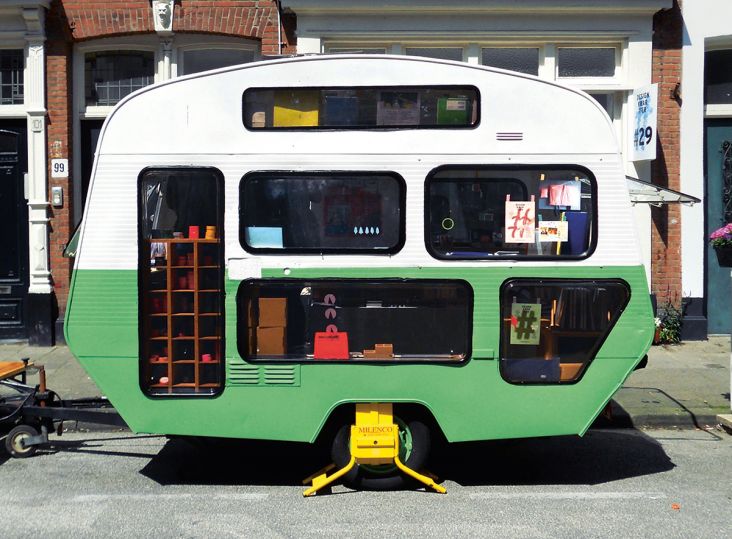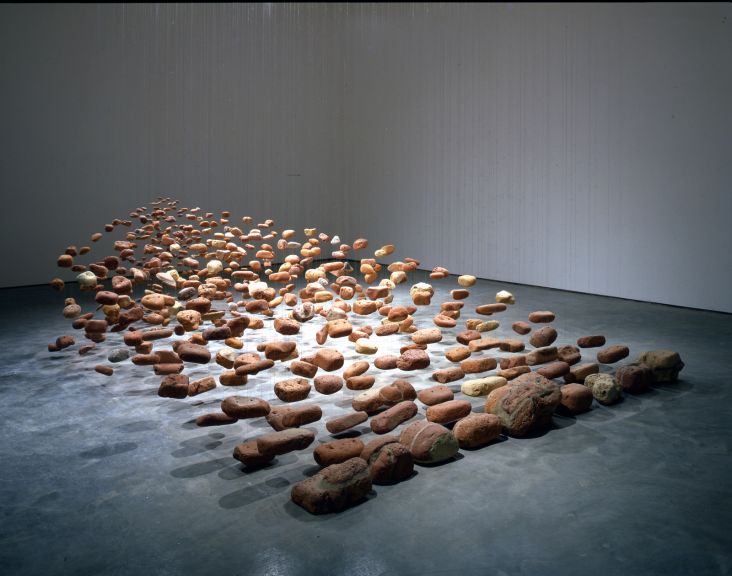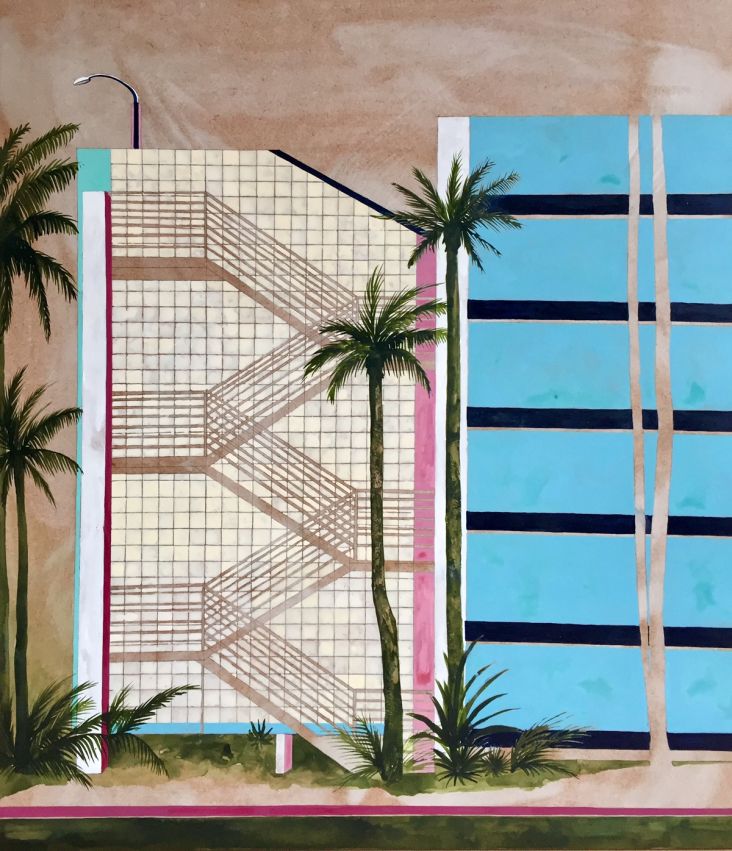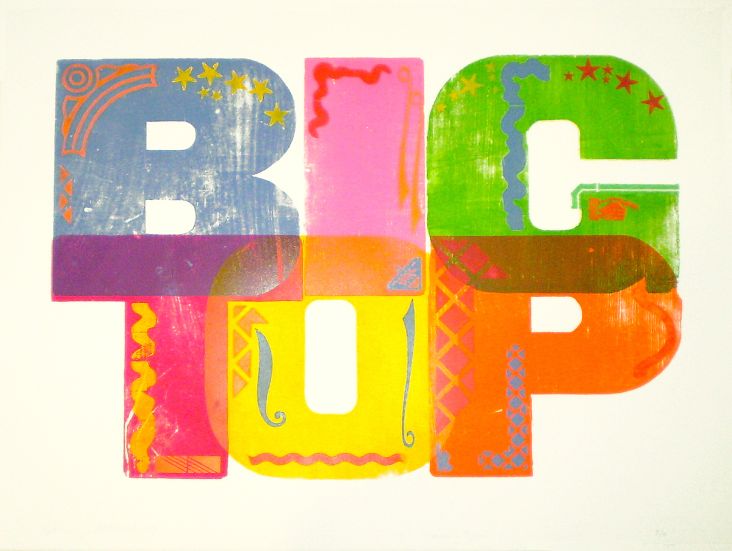Tate Britain to present the UK's first major retrospective of Alberto Giacometti
This summer Tate Modern will present the UK’s first major retrospective of Alberto Giacometti (1901-1966) for 20 years. Celebrated as a sculptor, painter and draughtsman, Giacometti’s distinctive elongated figures are some of the most instantly recognisable works of modern art.
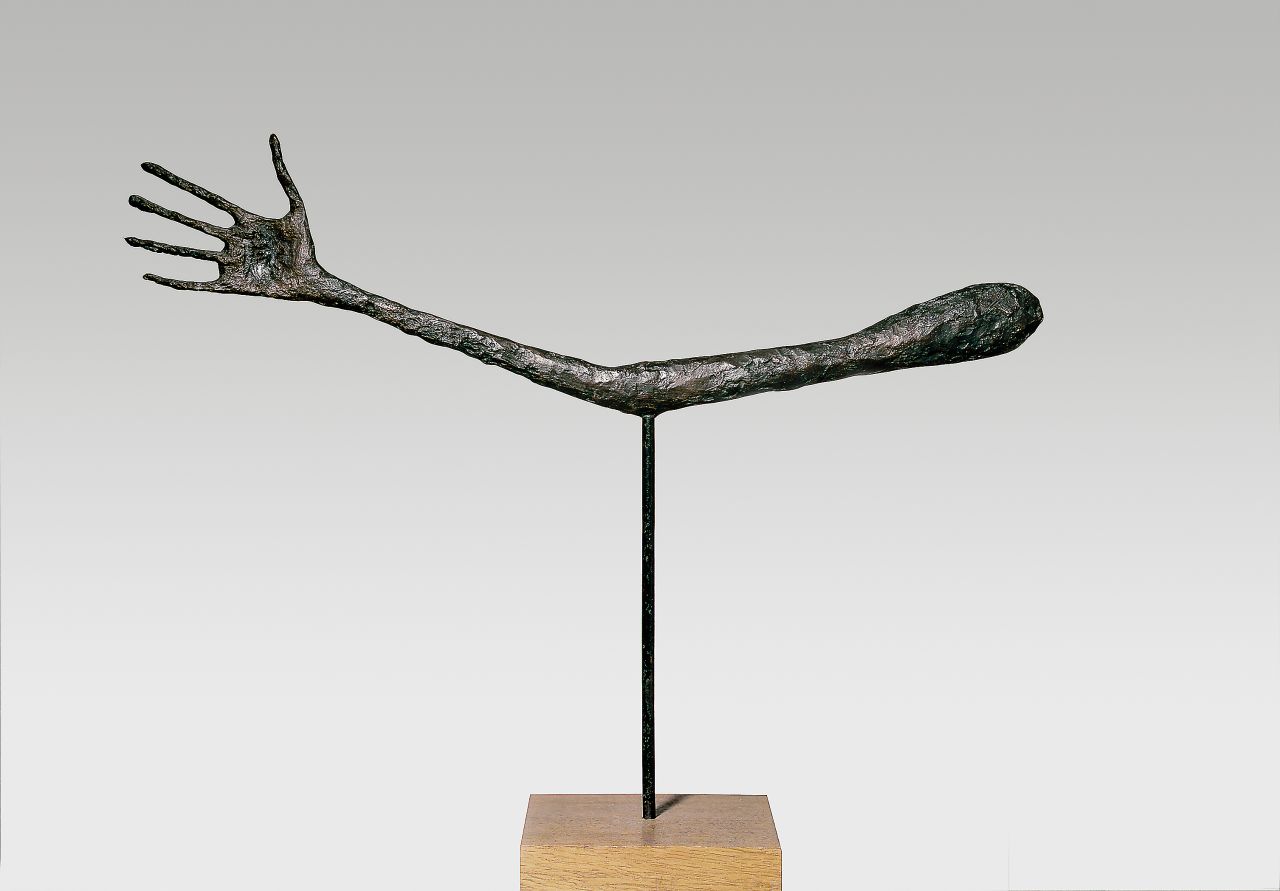
The Hand 1947 Bronze (cast 1947-49) 57 x 72 x 3.5 cm Kunsthaus Zürich, Alberto Giacometti Stiftung © Alberto Giacometti Estate, ACS/DACS, 2017
The exhibition will reassert Giacometti’s place alongside the likes of Matisse, Picasso and Degas as one of the great painter-sculptors of the 20th century. Through unparalleled access to the extraordinary collection and archive of the Foundation Alberto et Annette Giacometti, Paris, Tate Modern’s ambitious and wide-ranging exhibition will bring together over 250 works.
It will include rarely seen plasters and drawings which have never been exhibited before and will showcase the full evolution of Giacometti’s career across five decades, from early works such as Head of a Woman [Flora Mayo] 1926 to iconic bronze sculptures such as Walking Man I 1960.
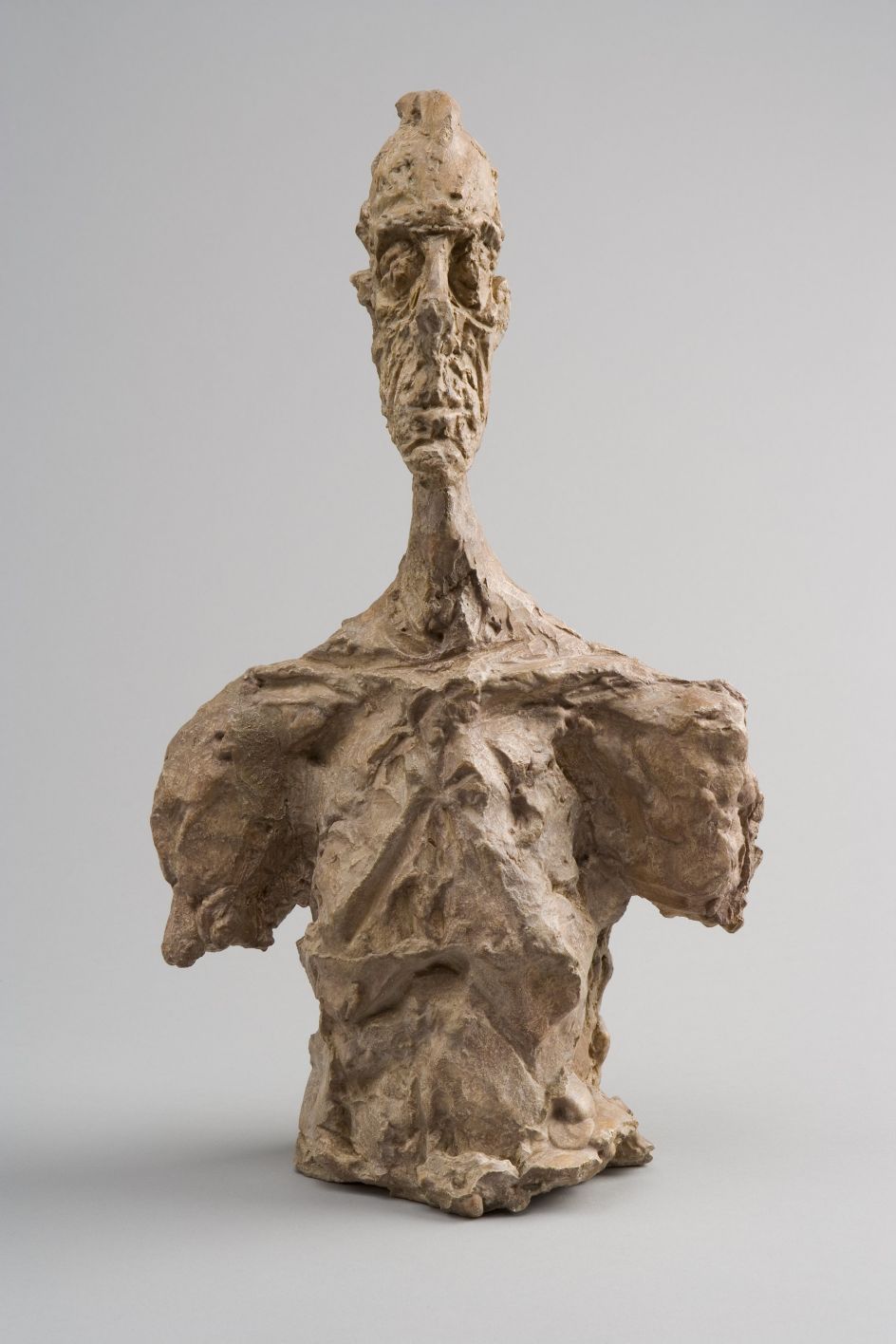
Bust of Diego c.1956 Plaster 37.3 x 21.5 x 13 cm Collection Fondation Alberto et Annette Giacometti, Paris © Alberto Giacometti Estate, ACS/DACS, 2017
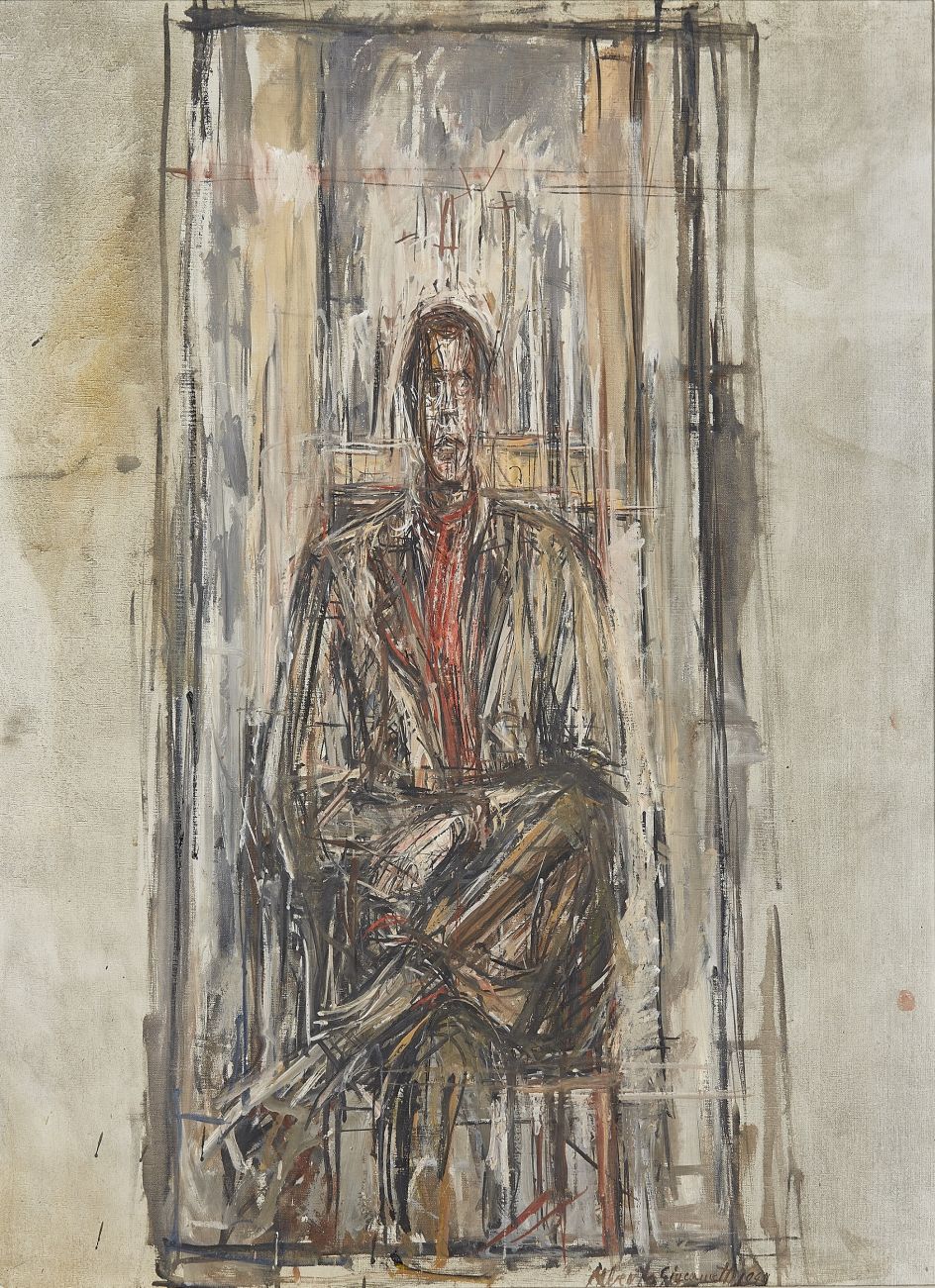
Diego Seated 1948 Oil paint on canvas 80.5 x 65 cm Sainsbury Centre for the Visual Arts, Norwich © Alberto Giacometti Estate, ACS/DACS, 2017
Born in Switzerland in 1901, Giacometti moved to Paris in the 1920s where he became engaged with cubism and latterly joined the Surrealist Group in 1931. Celebrated works such as Woman with her Throat Cut 1932 will reveal Giacometti’s engagement with surrealism as well as his powerful explorations of brutality and sadism.
A wide range of the artist’s large scale sculptures will also be showcased alongside his drawings and books. Other works like Untitled (mask) 1934 will demonstrate his engagement with the decorative arts, while Man (Apollo) 1929 and The Chariot 1950 will show his preoccupation with Egyptian and African art.
The show will reveal how Giacometti, perhaps more than any other artist of his day, fused the ancient and the modern and broke down barriers between the decorative and the fine arts.
![Head of Woman [Flora Mayo] 1926 Painted plaster 31.2 x 23.2 x 8.4 cm Collection Fondation Alberto et Annette Giacometti, Paris © Alberto Giacometti Estate, ACS/DACS, 2017](https://www.creativeboom.com/upload/articles/eb/eb9c3153d9ab08ac3a692e10dc01e57331f9109c_944.jpg)
Head of Woman [Flora Mayo] 1926 Painted plaster 31.2 x 23.2 x 8.4 cm Collection Fondation Alberto et Annette Giacometti, Paris © Alberto Giacometti Estate, ACS/DACS, 2017
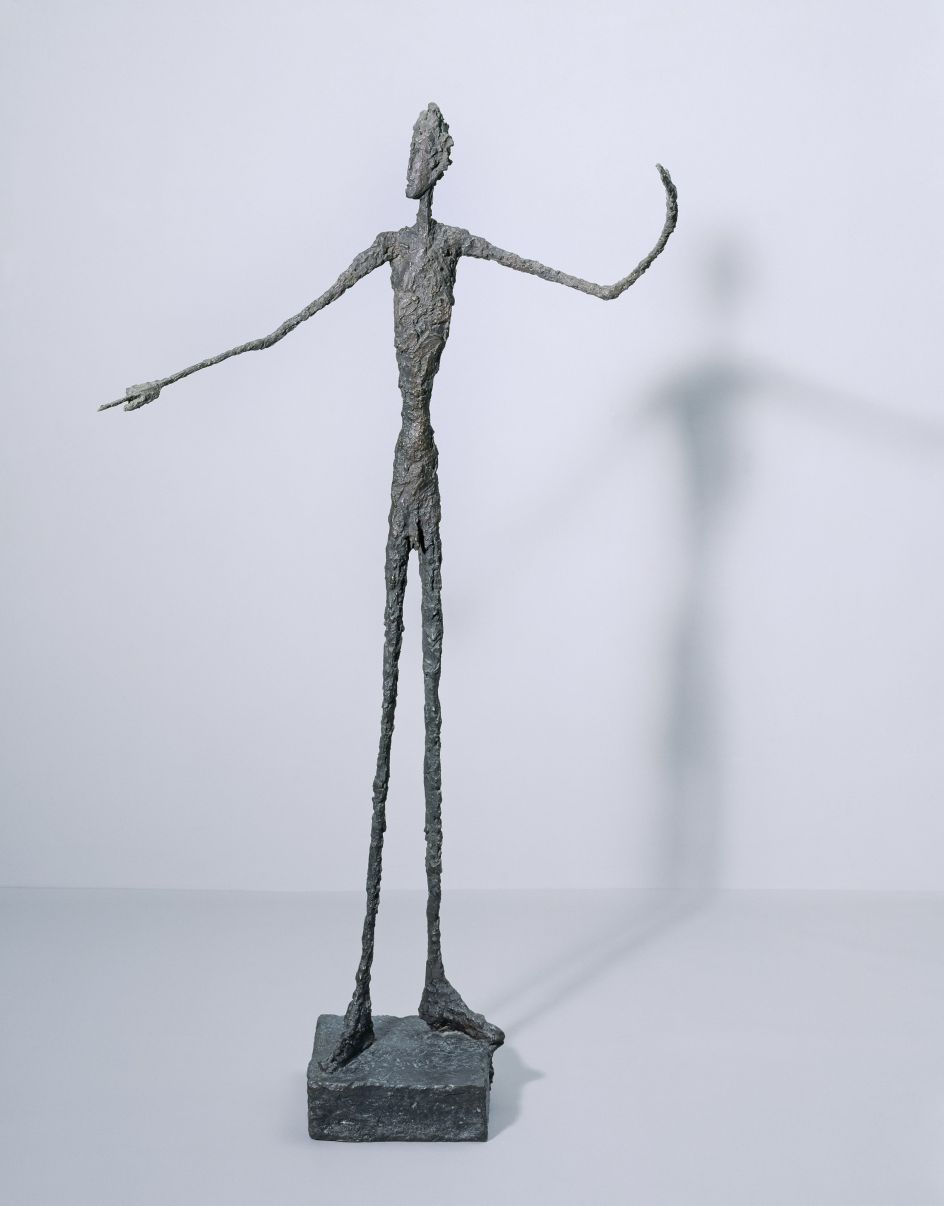
Man Pointing 1947 Bronze 178 x 95 x 52 cm Tate, Purchased 1949 © Alberto Giacometti Estate, ACS/DACS, 2017
Giacometti left Paris in 1941, relocating to Geneva until the end of the Second World War. Having moved away from surrealism, he became interested in scale and perspective and began to work on much smaller sculptures in a more realistic style as in Very Small Figurine c.1937-9.
Following the war and his return to Paris, Giacometti began creating the elongated figures for which he is best known. Working from life, his preoccupation with the alienated and isolated figure became an important motif, embodying the post-war climate of existential despair.
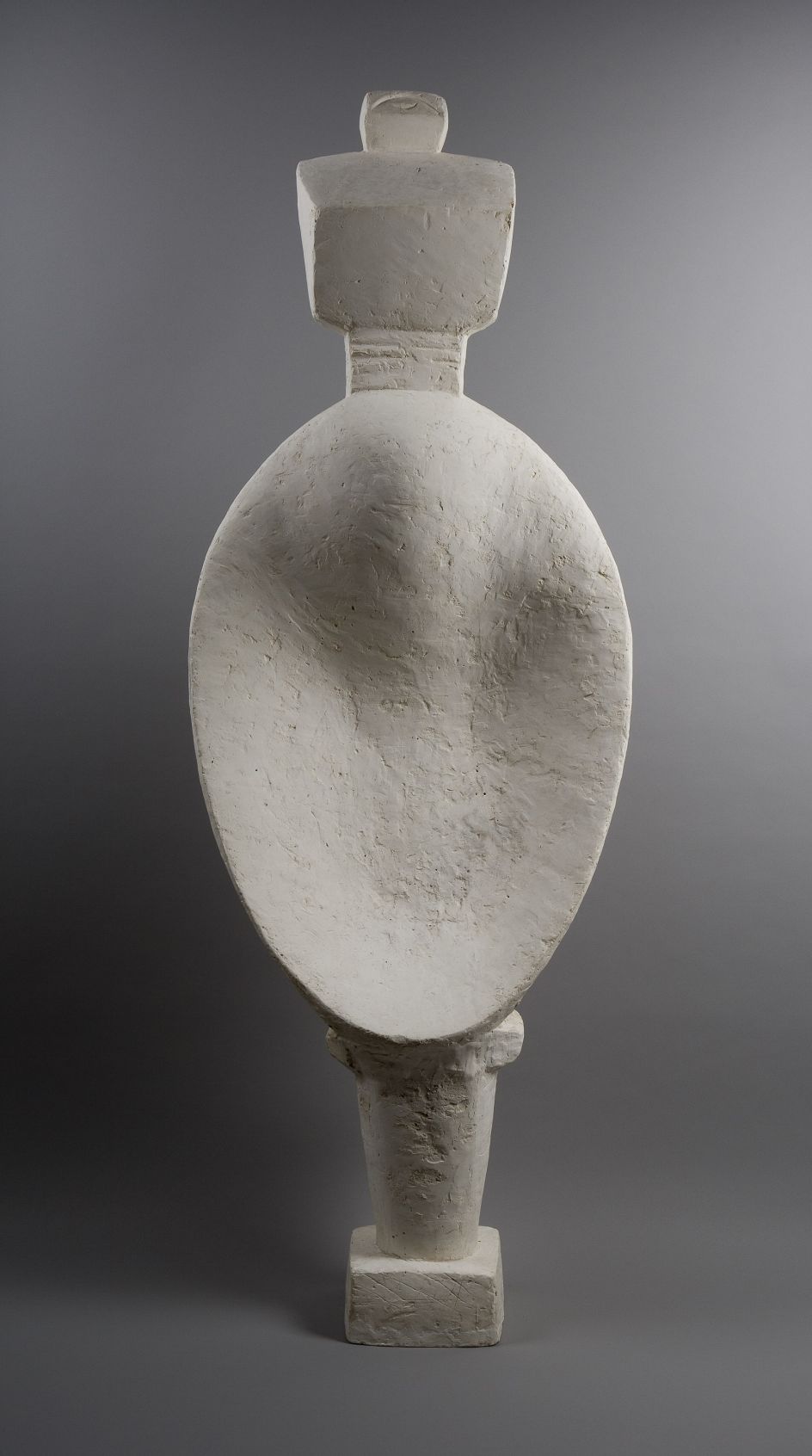
Spoon Woman 1927 Plaster 146.5 x 51.6 x 21.5 cm Collection Fondation Alberto et Annette Giacometti, Paris © Alberto Giacometti Estate, ACS/DACS, 2017
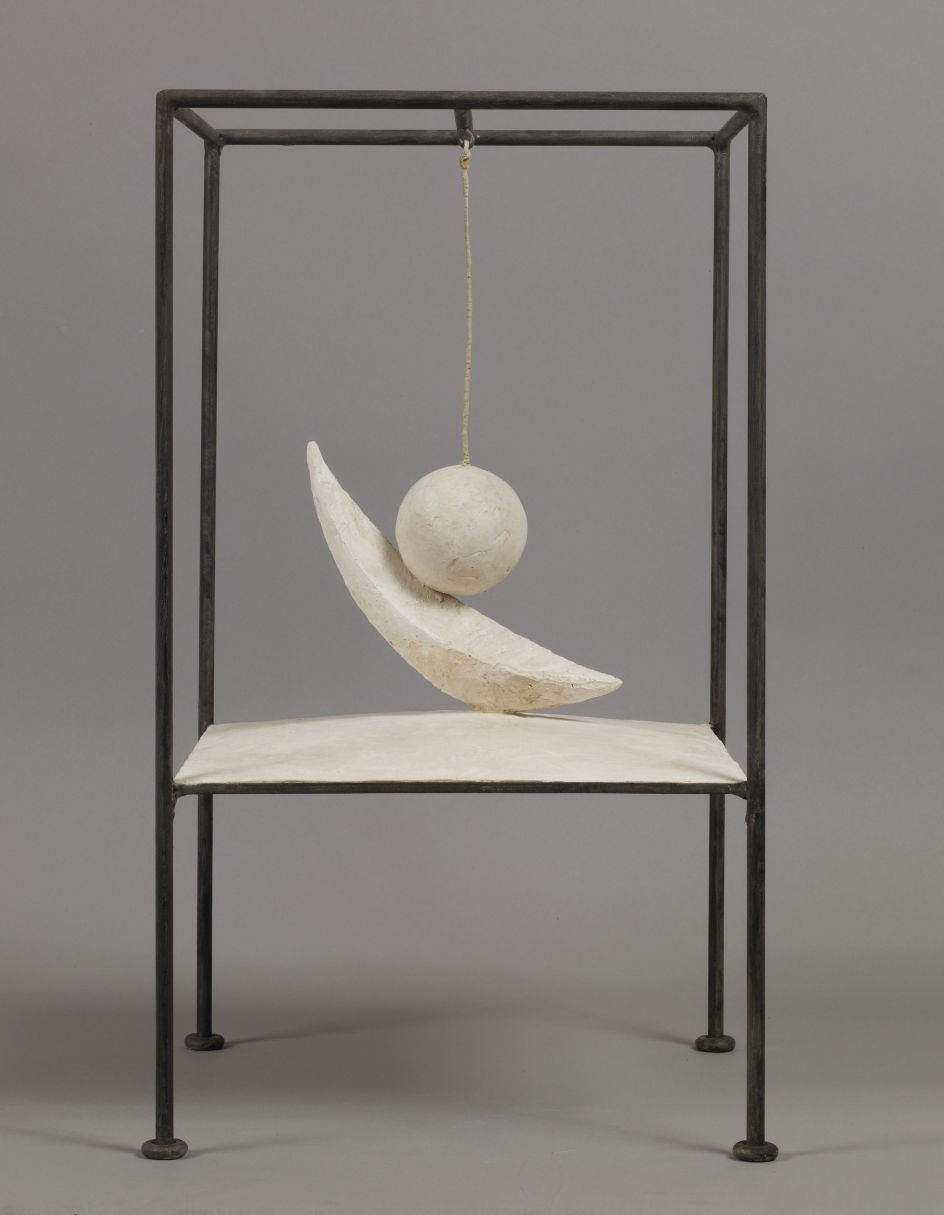
Suspended Ball 1930-1931 Plaster and metal 60.6 x 35.6 x 36.1 cm Collection Fondation Alberto et Annette Giacometti, Paris © Alberto Giacometti Estate, ACS/DACS, 2017
While Giacometti is best known for his bronze figures, Tate Modern will reposition him as an artist with a far wider interest in materials and textures, especially plaster and clay. The elasticity and malleability of these media allowed him to work in an inventive way, continuously reworking and experimenting with plaster to create his distinctive highly textured and scratched surfaces.
A large number of these fragile plaster works which rarely travel will be seen for the first time in this exhibition including Giacometti’s celebrated Women of Venice 1956. Created for the Venice Biennale, this group of important works will be brought together for the first time since their creation.
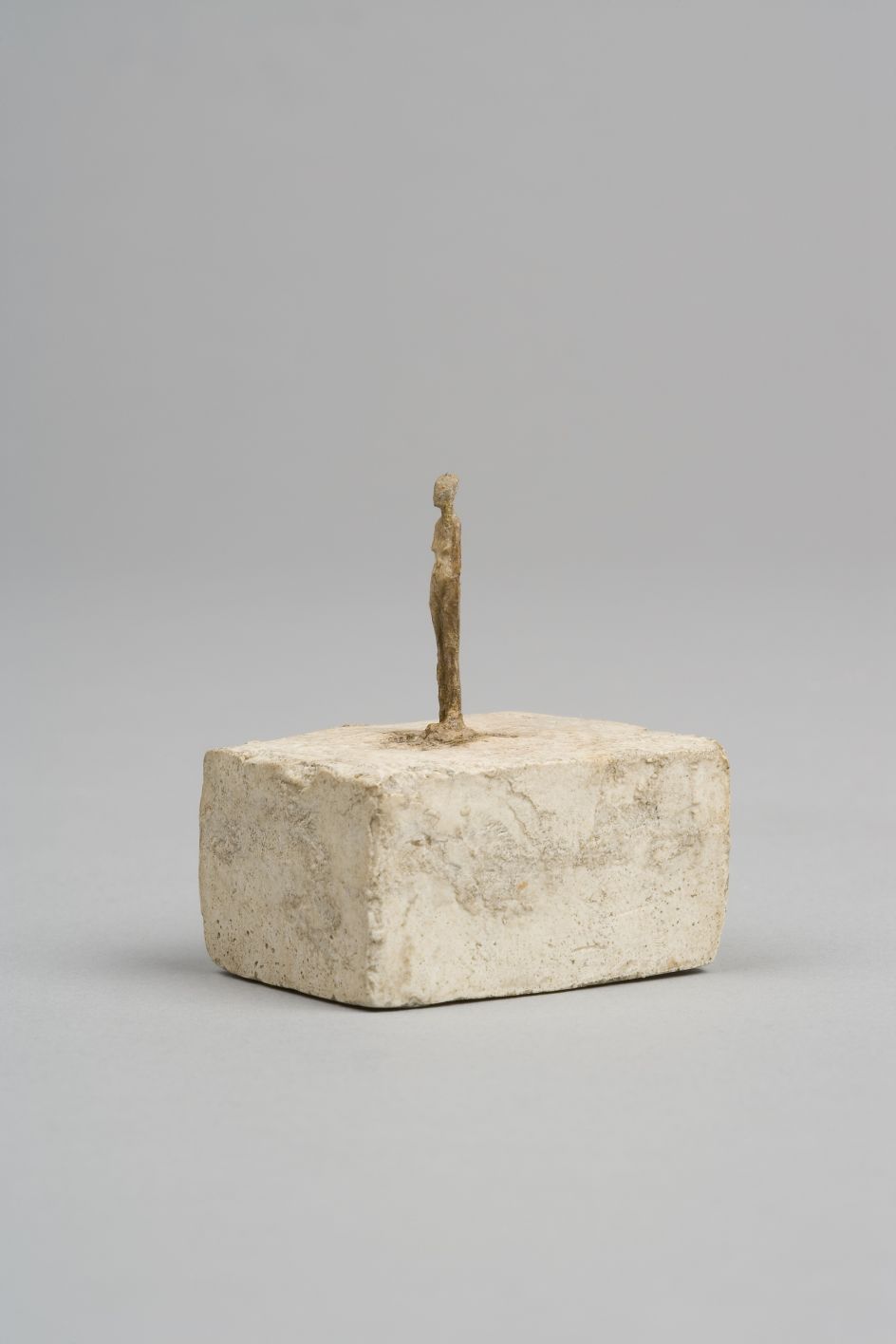
Very Small Figurine c.1937-1939 Plaster, traces of colour 4.5 x 3 x 3.8 cm Collection Fondation Alberto et Annette Giacometti, Paris © Alberto Giacometti Estate, ACS/DACS, 2017
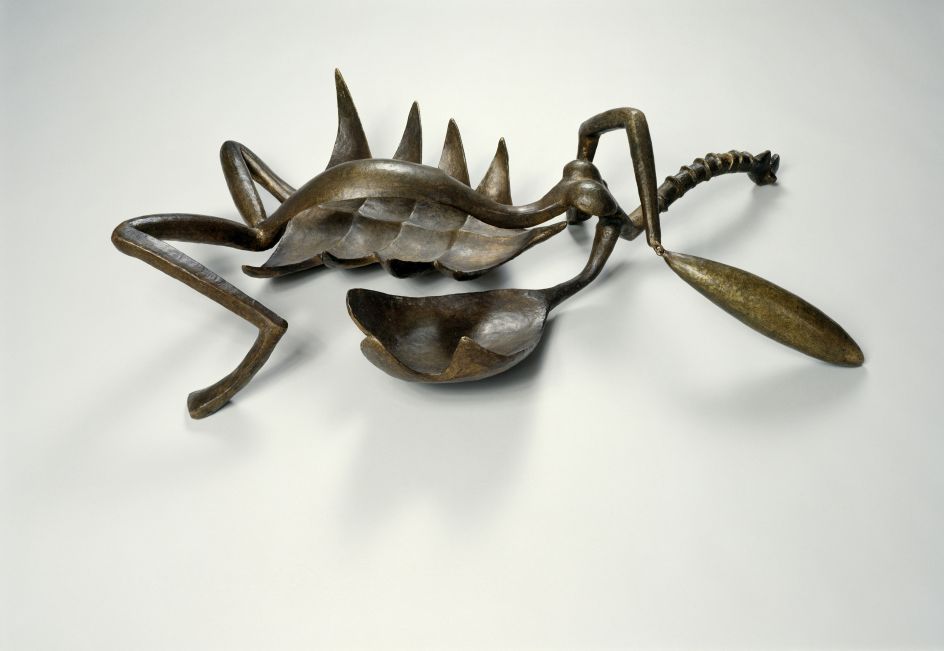
Woman with her Throat Cut 1932 Bronze (cast 1949) 22 x 75 x 58 cm National Galleries of Scotland © Alberto Giacometti Estate, ACS/DACS, 2017
Alberto Giacometti at Tate Britain will take place from 10 May until 10 September 2017. Tickets cost £18.50 per adult; concession available. Open daily from 10am until 6pm, and until 10pm on Friday and Saturday.
Main image: The Hand 1947, Bronze (cast 1947-49) 57 x 72 x 3.5 cm, Kunsthaus Zürich, Alberto Giacometti Stiftung © Alberto Giacometti Estate, ACS/DACS, 2017




 by Tüpokompanii](https://www.creativeboom.com/upload/articles/58/58684538770fb5b428dc1882f7a732f153500153_732.jpg)



 using <a href="https://www.ohnotype.co/fonts/obviously" target="_blank">Obviously</a> by Oh No Type Co., Art Director, Brand & Creative—Spotify](https://www.creativeboom.com/upload/articles/6e/6ed31eddc26fa563f213fc76d6993dab9231ffe4_732.jpg)








](https://www.creativeboom.com/upload/articles/f7/f764d708268c8a023246f8d4dd3cf0fab89809c0_732.jpg)
